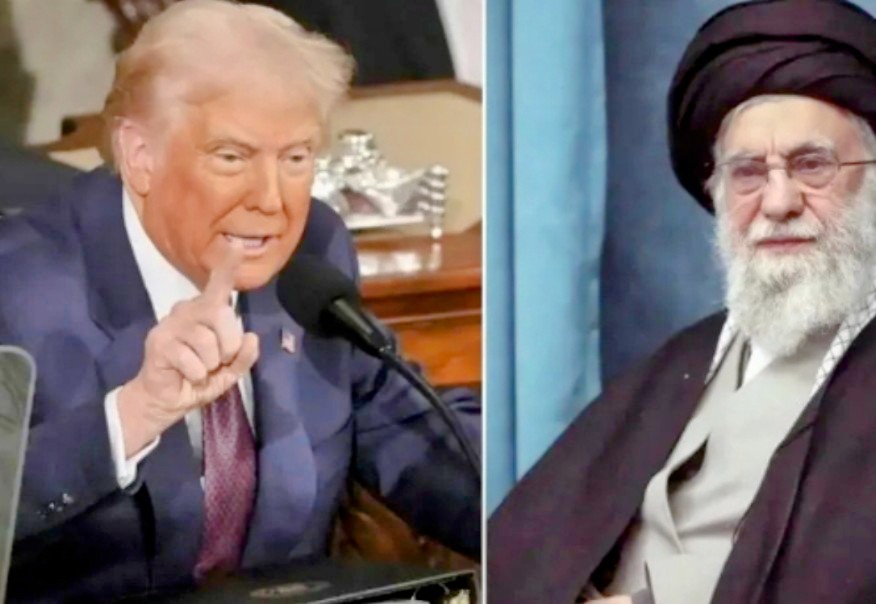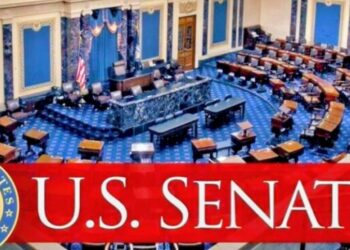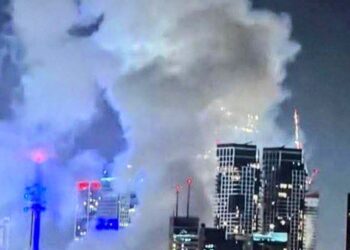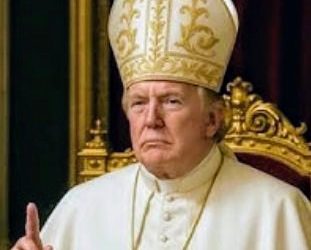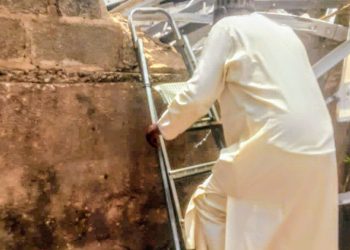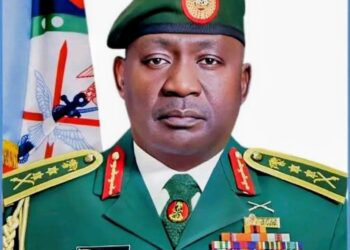Iran Accuses U.S. of Complicity in Israeli Attacks on Its Territory.
By Our Reporter
The United Nations Security Council convened an emergency meeting to address the escalating tensions between Iran and Israel following a series of military strikes.
During the meeting, Iran accused the United States of being complicit in Israel’s attacks on the Islamic Republic. The U.S. denied this accusation and advised Tehran to engage in negotiations regarding its nuclear program.
Iran launched retaliatory strikes on Israel late Friday after Israel attacked Iranian targets earlier that same day.
Israel’s U.N. Ambassador, Danny Danon, claimed that Iran had been “preparing for war” and characterized Israel’s strikes as “an act of national preservation.” In response, Iran’s U.N. Ambassador, Amir Saeid Iravani, accused Israel of trying “to kill diplomacy, sabotage negotiations, and drag the region into a wider conflict.” He stated that the complicity of the U.S. in these actions was “beyond doubt.”
“Those who support this regime, with the United States at the forefront, must understand that they are complicit,” Iravani told the Security Council. “By aiding and enabling these crimes, they share full responsibility for the consequences.”
Iran’s Foreign Minister, Abbas Araghchi, requested the meeting and accused Israel of committing “grave violations” of Iran’s sovereignty and territorial integrity. In a letter to the Security Council, Araghchi labeled Israel’s actions as “acts of aggression and war crimes,” warning that Iran would respond “decisively and proportionately” to these attacks. He emphasized Iran’s inherent right to self-defense under Article 51 of the U.N. Charter.
In defending its strikes, Israel’s U.N. Ambassador, Danny Danon, argued that the actions were necessary for national preservation.
He claimed that Israel had been patient and had tried to allow diplomacy to work, but intelligence indicated that Iran was rapidly advancing towards producing enough fissile materials for multiple nuclear bombs.
While the U.S. had been informed of Israel’s initial strikes, it denied any military involvement. A senior U.S. official, McCoy Pitt, urged Iran to negotiate, stating that the U.S. seeks a diplomatic resolution to ensure that Iran never acquires a nuclear weapon.
Pitt further advised that Iran’s leadership would be wise to enter negotiations at this time.
IAEA Director General Rafael Grossi briefed the Security Council on the situation, noting that the Natanz Fuel Enrichment Plant had been attacked, resulting in the destruction of the above-ground Pilot Fuel Enrichment Plant. Grossi expressed significant concern about the implications for nuclear safety, security, and safeguards, reiterating that nuclear facilities should never be targeted.
He called on all parties to exercise maximum restraint to prevent further escalation and reaffirmed the IAEA’s commitment to its nuclear safety, security, and safeguards mandate.

